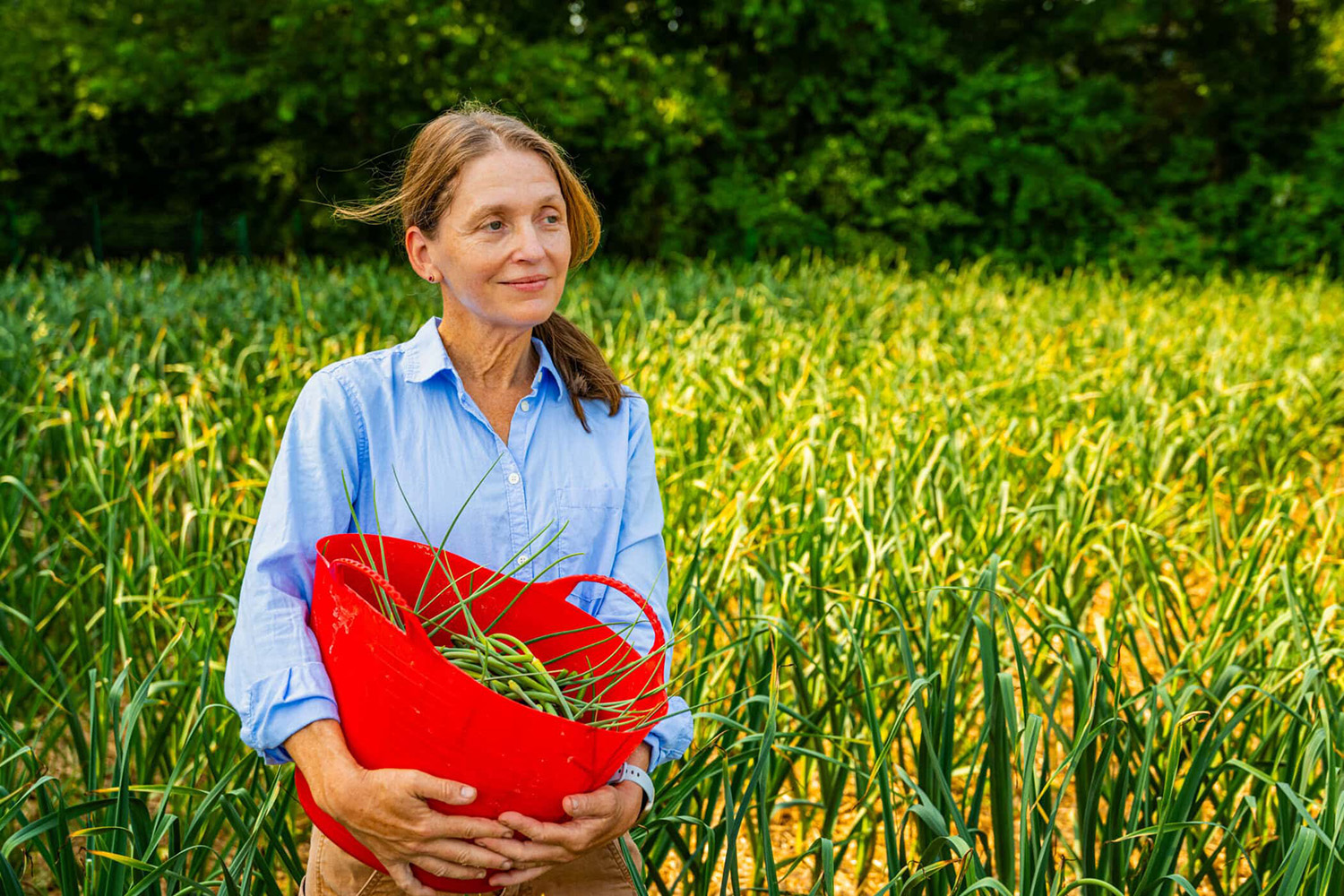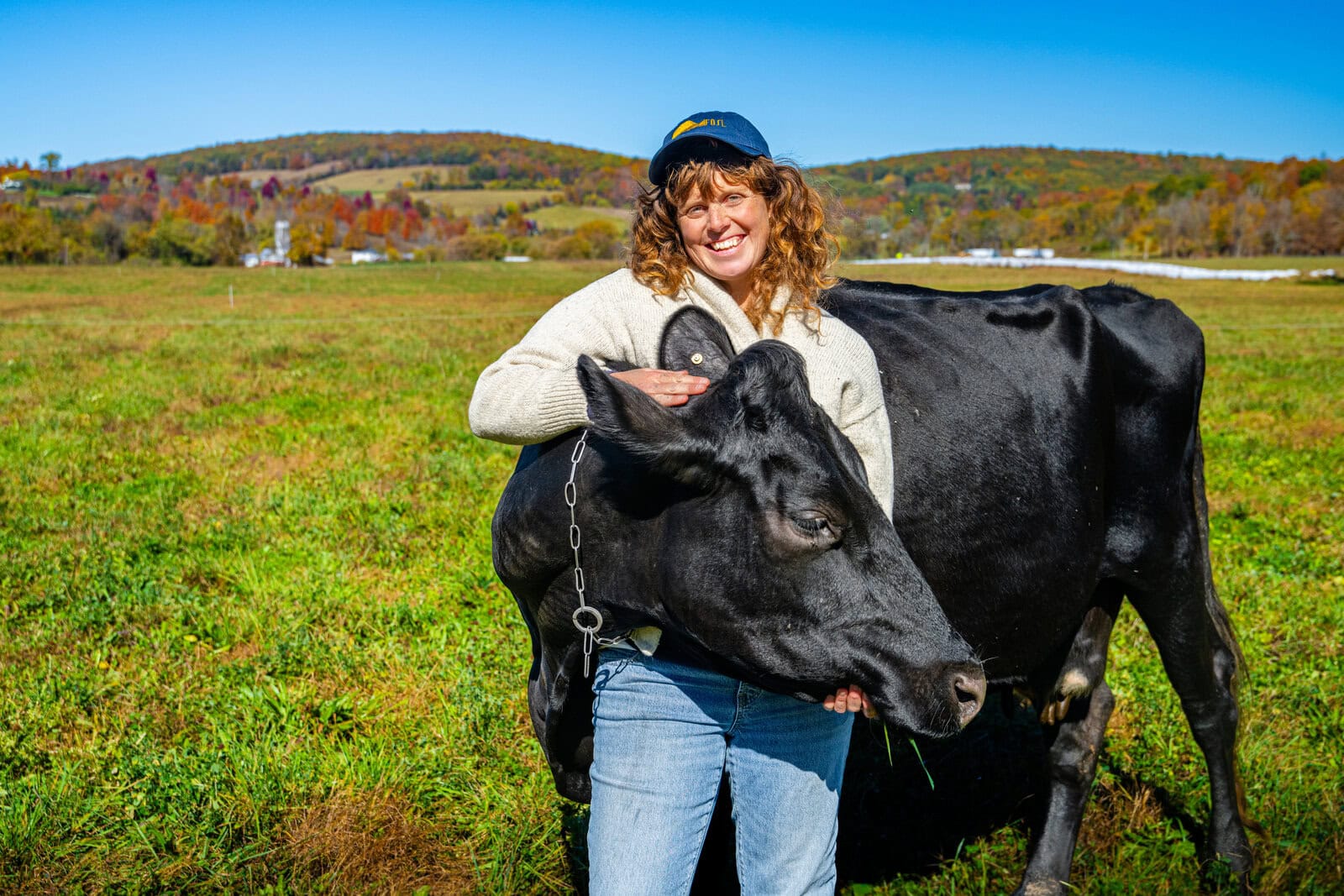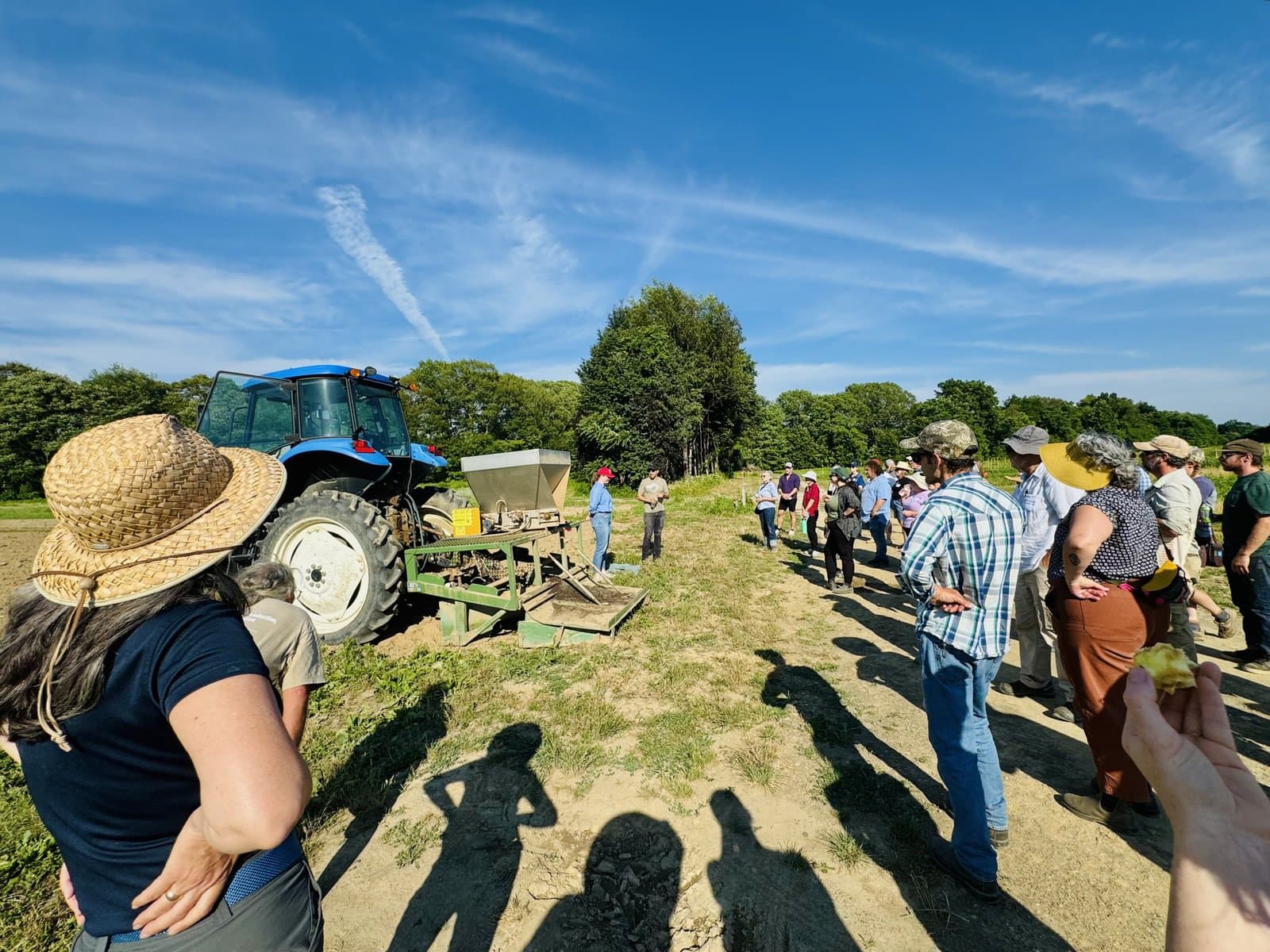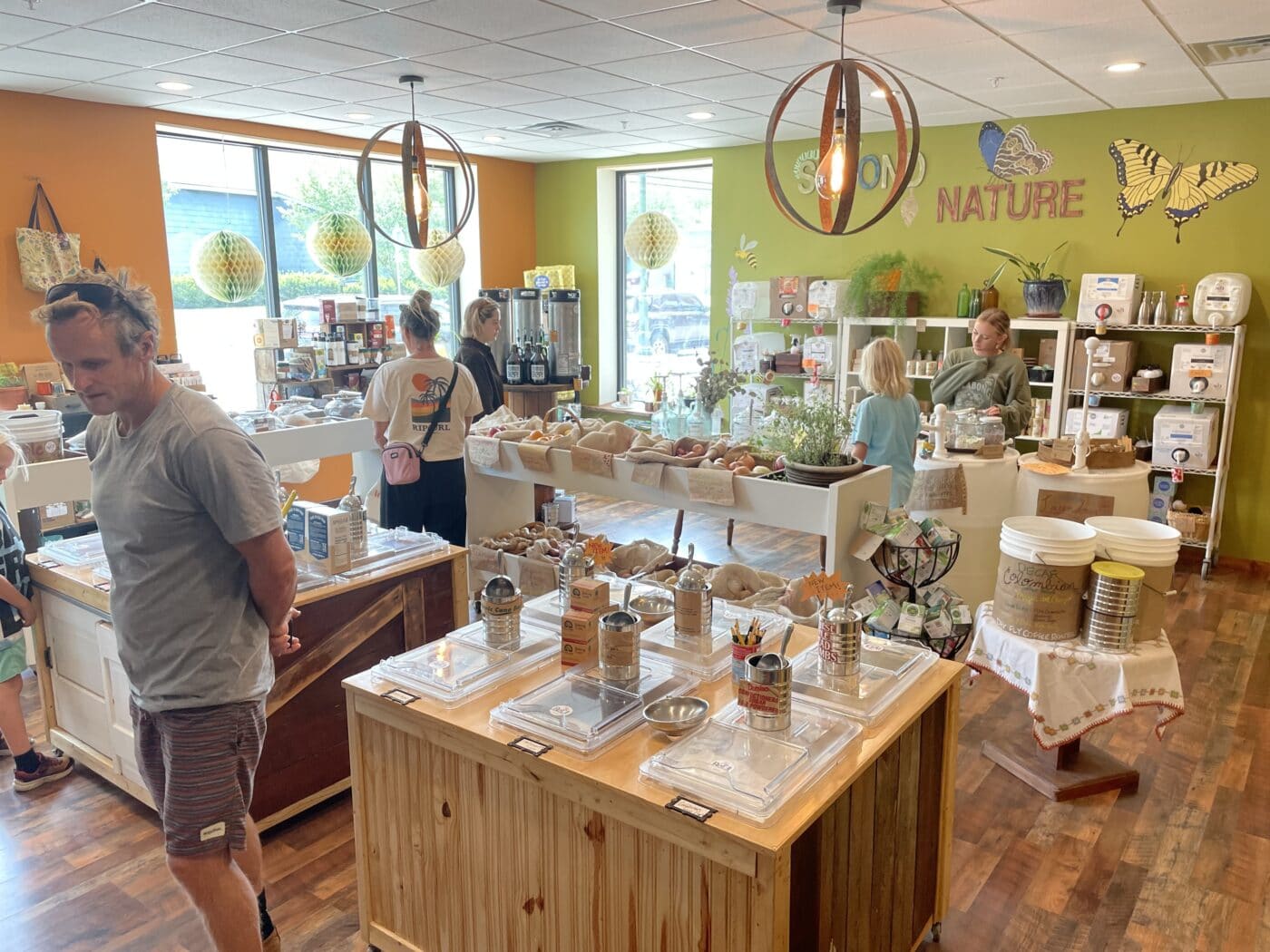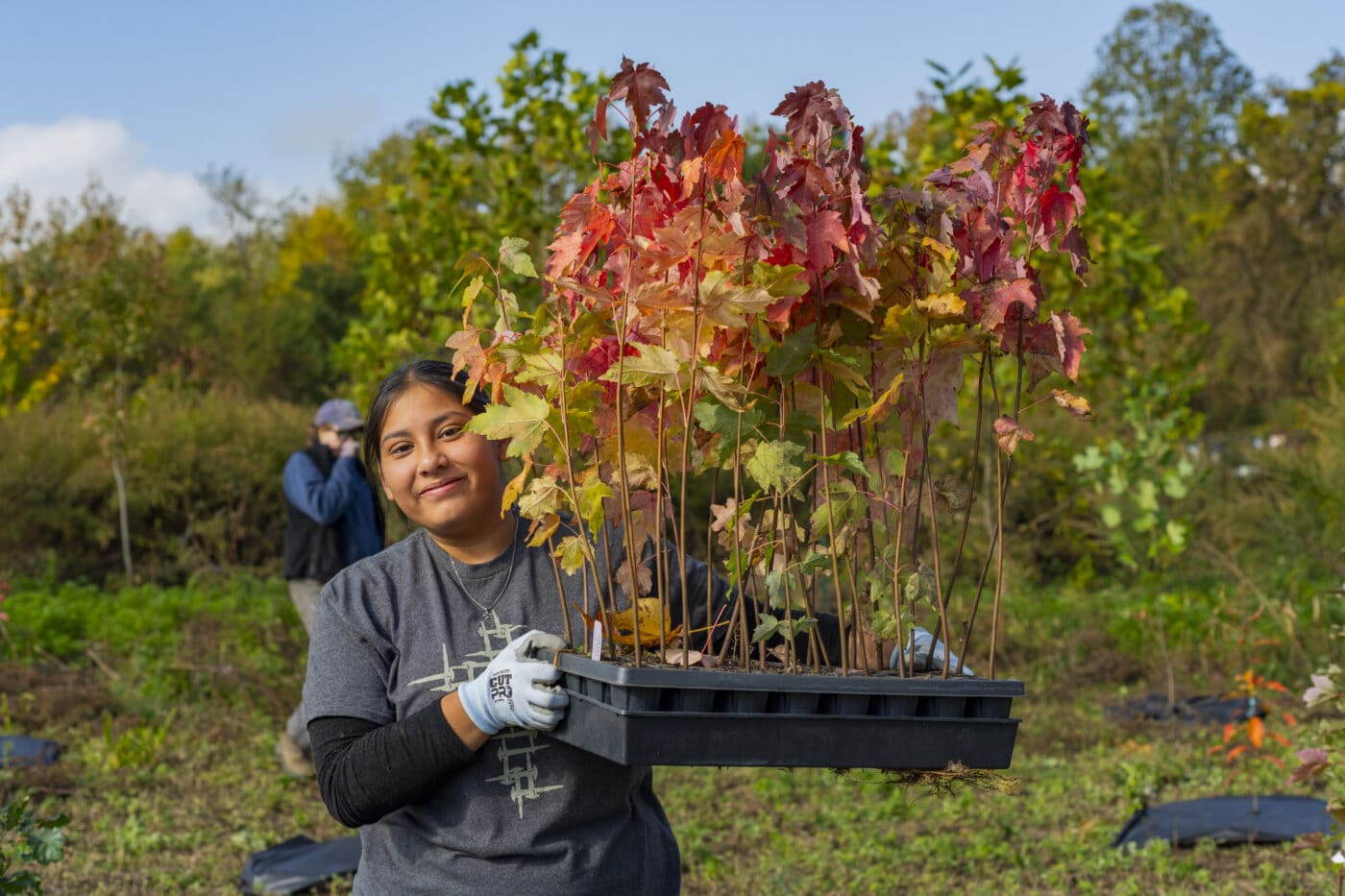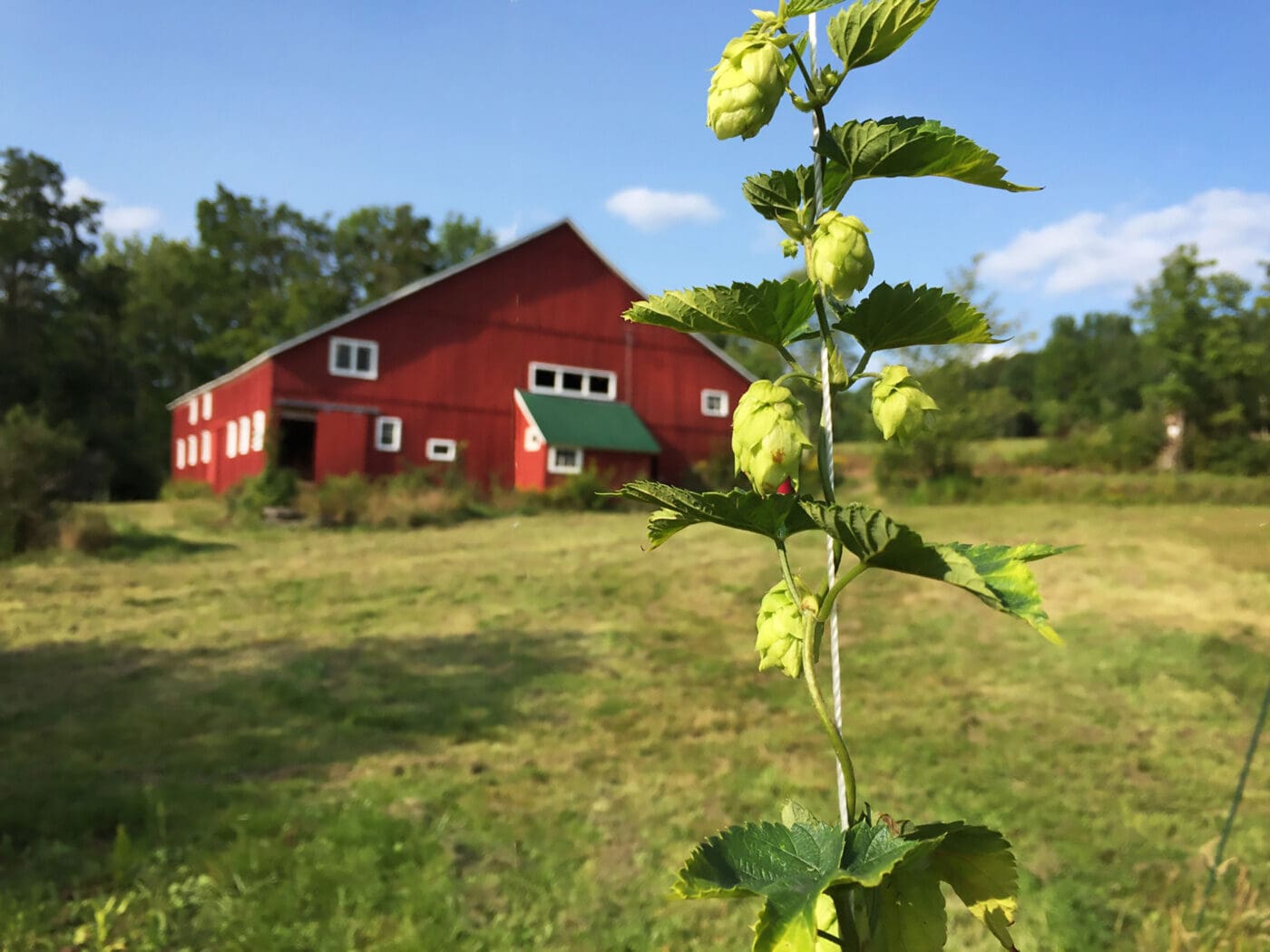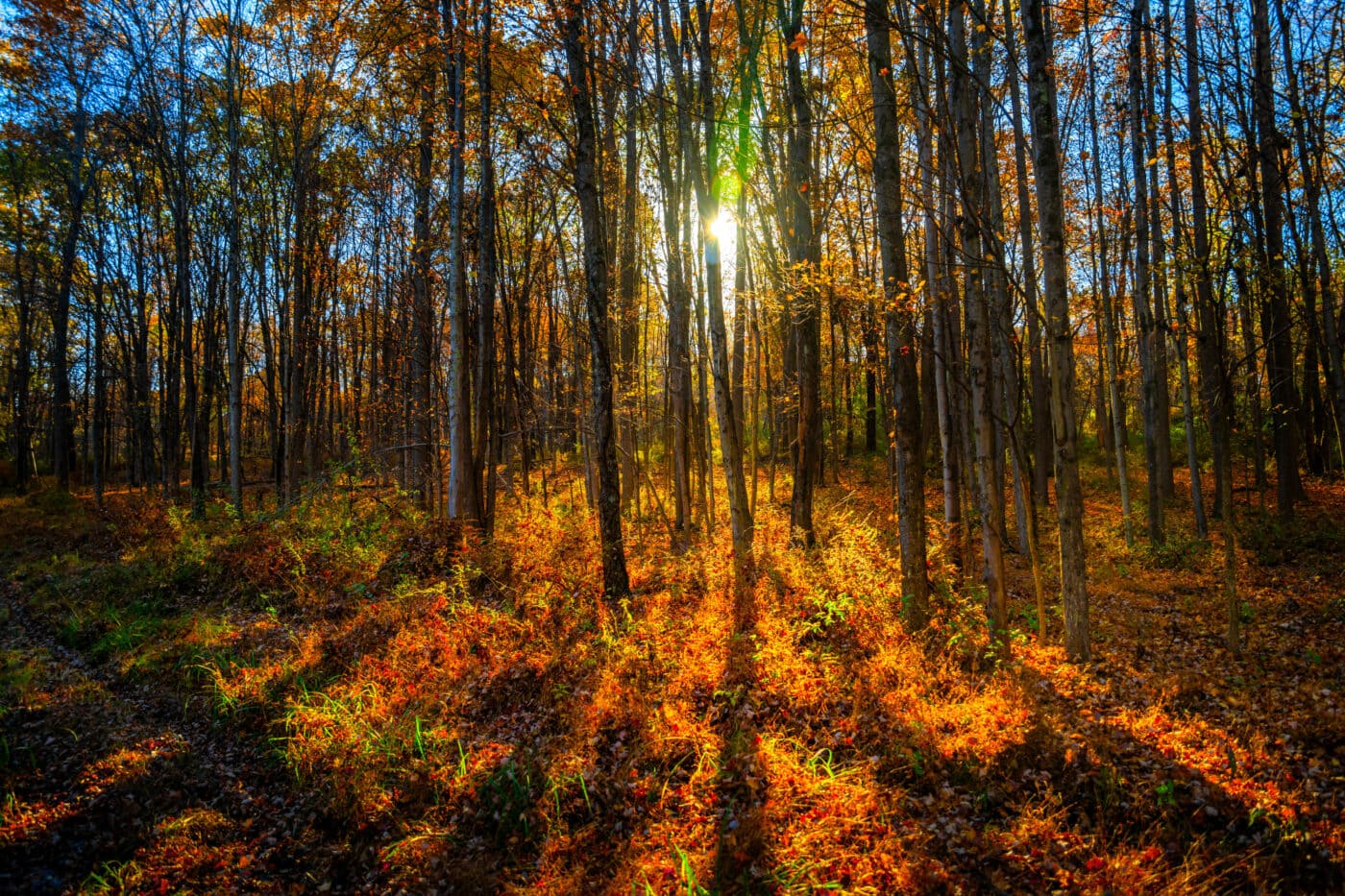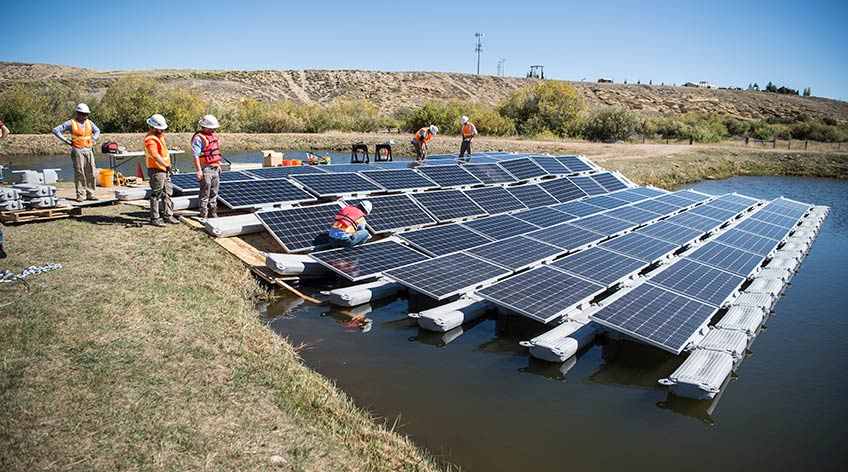On Jan. 19, the then-chair of the Federal Energy Regulatory Commission, James Danly, called an extraordinary session of the commission, which reviews new fracked gas initiatives nationwide. On the agenda was an expansion of the Iroquois Pipeline, a project that environmentalists in the Hudson Valley and beyond have opposed since its application to FERC in early 2020.
FERC meetings are typically held on the third Thursday of each month, which would have been Jan. 21 — but critics suspected that Danly chose to bump up what would likely be his final meeting as chair. (Danly was indeed ousted following President Joe Biden’s Jan. 20 inauguration.)
Ultimately, the Iroquois agenda item was struck from FERC’s meeting — giving opponents more time to continue their fight against the expansion, which they accuse of polluting for profit.

“FERC has a long history of approving nearly every fossil fuel project that comes its way,” says Iris Marie Bloom, director of Protecting Our Waters, a Hudson Valley-based grassroots organization dedicated to the conservation of local waterways. “Although we make direct appeals to deny these projects, these appeals tend to fall on deaf ears.”
Iroquois describes its proposed project as an “enhancement,” rather than an expansion. The existing pipeline already snakes nearly 400 miles from the U.S.-Canadian border at Waddington, N.Y., to Devon, Conn., where it crosses the Long Island Sound, then splits between the Bronx and Long Island.
Along the way, the fracked gas is propelled by compression stations, which Iroquois proposes to expand to allow the pipeline to increase capacity by 125 million cubic feet per day. The company says that this increase is necessary for Con Edison and National Grid to “meet existing and forecasted needs for natural gas service in their respective service areas,” according to Ruth Parkins, its director of public and government relations.
Environmentalists, like those with the New York-based Sane Energy Project, which advocates for renewable energy, accuse Iroquois of aiming to further profit from pollution. An enlarged pipeline will mean more pollution locally and worse climate change globally, they argue. Although it is often touted as a “clean” alternative to heating oil, fracked gas is primarily methane, a greenhouse gas far more potent than carbon dioxide.
“Down in Long Island, U.K.-based National Grid — another multinational, multibillion-dollar corporation that bought the local utility company in 2006 — aims to use this gas to expand their pipeline market in Long Island, where many of the local residents currently use oil or propane tanks,” says Kim Fraczek, director of Sane Energy Project. “Those customers should be moving straight to a renewable infrastructure build-out.”
Of particular concern to local environmentalists is Iroquois’ proposed expansion of the compression station at Athens, N.Y. Compressor stations maintain the pressure of fracked gas flowing through pipelines by both burning and releasing gas. Situated on the west bank of the Hudson River south of Albany, Athens would receive a new, more powerful compressor station under Iroquois’ proposal.

Environmentalists fear the expansion would contribute to greater air and water pollution. A recent compendium of research published by Physicians for Social Responsibility connects compressor stations to the production of 70 different air pollutants — 39 of which are linked to cancer.
“The ‘host’ communities of Athens and Dover would suffer health impacts because of hosting these monstrous compressor stations,” explains Bloom. “The emissions would include gas ‘blowoffs’ and ‘blowdowns,’ as the industry calls them — releases to keep the pipeline pressure from building up dangerously — as well as routine fugitive methane, volatile organic compounds, nitrogen oxide, other components of smog and particulate matter.”
Opposition to the Iroquois expansion has coalesced both regionally and locally. Sane Energy Project and its partners have assisted residents from the communities that would be affected, such as Athens, in writing nearly 3,000 letters to New York Gov. Andrew Cuomo, urging him to reject the expansion.
Protecting Our Waters and others have been sharing their concerns about the expansion with the public, organizing opponents to submit comments to FERC and attending open houses orchestrated by Iroquois to challenge company representatives about the environmental impact of their plans.
Scenic Hudson, which opposes any increase in fossil-fuel infrastructure in the face of climate change, supports the environmental partners. With the last FERC meeting under the Trump administration passing on the question of the expansion, environmentalists now have more time to organize opposition far and wide.
“If [Iroquois] thinks the little towns of Athens and Dover are all alone facing a big, slick corporation, they would be badly mistaken,” Bloom says. “We are all together in this. No Iroquois expansion, no fracking way!”



